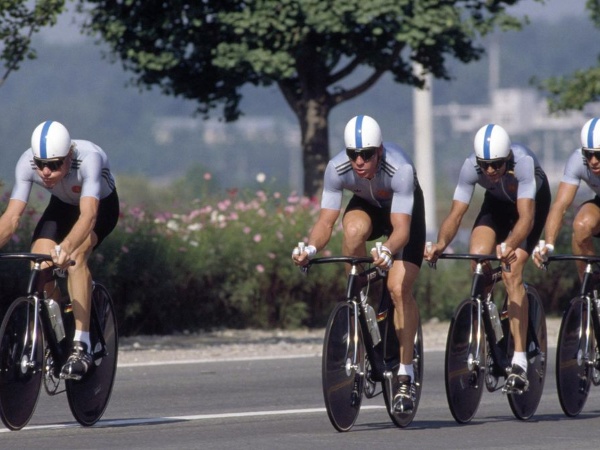views : 610
2 Min Read
All About Road Cycling Ahead Of 2024 Olympics
Cycling encompasses a rich tapestry of disciplines that blend its historic origins with a contemporary perspective. Road cycling, the sport's oldest form, gained significant traction during the 19th century, propelled by advancements like the chain-and-gearing system. The first documented race, held in 1868 at Parc de Saint Cloud in Paris, marked the sport's competitive debut. This era also saw the formation of national cycling federations, paving the way for international coordination. In 1900, the Union Cycliste Internationale (UCI) was established, uniting various cycling disciplines under one global authority.
As cycling evolved, so did its disciplines, reflecting both tradition and innovation in the sport's ongoing narrative of athleticism and competition. Today, cycling remains a vibrant global pursuit, its diverse disciplines catering to enthusiasts and professionals alike, each rooted in a rich heritage of endurance, strategy, and the pursuit of excellence.
Road cycling, an outdoor discipline, features prominently in the Olympic Games with two distinct events: the road race and the individual time trial. The road race is a test of both endurance and strategy, beginning with a mass start where all riders embark simultaneously. Spanning distances of over 120km for women and 200km for men, it demands meticulous planning and tactical prowess. The race often culminates in a sprint finish, typically contested over the final few hundred meters. Securing victory in such a scenario hinges on riders' ability to position themselves optimally throughout the race while conserving vital energy reserves early on.
In contrast, the individual time trial is a solitary endeavor. Competitors start at staggered intervals rather than in a clustered peloton, aiming to cover a shorter distance, typically under 50km, as swiftly as possible. Success in the time trial requires unwavering consistency, intense concentration, and strategic management of physical resources. Athletes employ meticulous aerodynamic positioning and power management techniques to maximize efficiency over the solitary course.
Both disciplines exemplify the diverse skill set and athletic prowess demanded by road cycling at the highest level of competition. Whether navigating the complexities of a mass-start road race or harnessing individual strength and technique in the time trial, Olympic road cycling remains a showcase of endurance, strategy, and the pursuit of excellence on the global stage.
Road cycling debuted at the first modern Olympics in Athens in 1896 but was absent from the next three Games before reappearing at the 1912 Olympics in Stockholm, featuring the time trial. Women's cycling joined the Olympic programme in Los Angeles in 1984 with the road race, followed by the addition of the time trial in 1988. Until Atlanta '96, professional cyclists were barred from Olympic competition. Today, however, the world's top cyclists, including professionals, compete at the Games, enhancing the prestige of Olympic road cycling events. This inclusion has elevated the competition, showcasing the skills of elite cyclists on a global stage, marking a significant evolution in the sport's Olympic history.
